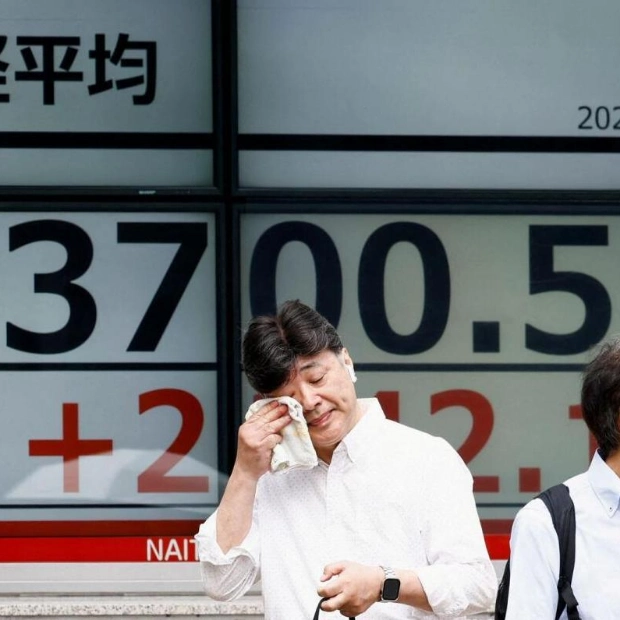Distributed denial-of-service (DDoS) attacks in the Middle East and Africa (Mena) region experienced a staggering 238 percent year-over-year increase in Q3 2024, according to a recent study. Cybersecurity firm StormWall reported that the financial sector bore the brunt of these attacks, with incidents targeting banks and cloud payment providers soaring by 284 percent compared to Q3 2023.
A DDoS attack is an insidious attempt to cripple the regular traffic of a targeted server, service, or network by inundating it with an overwhelming surge of internet traffic. StormWall's latest data reveals that financial institutions were hit the hardest, accounting for 42 percent of attacks, followed by the entertainment sector at 21 percent and government entities at 10 percent. Defenders had to contend with two-pronged threats: profit-driven cybercriminals seeking extortion and hacktivists pushing political agendas.
A significant trend in Q3 was the escalation in the size of botnets operating within the Mena region. These botnets, on average, controlled 28,000 devices during the quarter—a fourfold increase from the same period the previous year. This surge in botnet size empowered attackers to amplify the scale of their operations. The largest recorded attack, a 1.5 Tbps assault, targeted a bank based in the UAE.
Hyper-volumetric network-layer DDoS attacks saw a 400 percent surge compared to the previous quarter, transitioning from rare events to common threats. Once the domain of state-sponsored actors, these advanced capabilities have now become more accessible, even to less sophisticated, profit-driven hackers.
By country, the UAE, Saudi Arabia, and Israel were the most targeted, accounting for 31 percent, 16 percent, and 14 percent of attacks, respectively. The UAE, in particular, saw its share of attacks rise from 27 percent in the previous quarter, as the focus shifted towards for-profit attacks, eclipsing those driven by hacktivists and targeting the region's economic centers.
Meanwhile, attacks on government services were largely confined to Israel and Palestine. Notably, 60 percent of these attacks targeted news and media outlets, while 30 percent were directed at the financial and fintech sectors.
Source link: https://www.khaleejtimes.com






